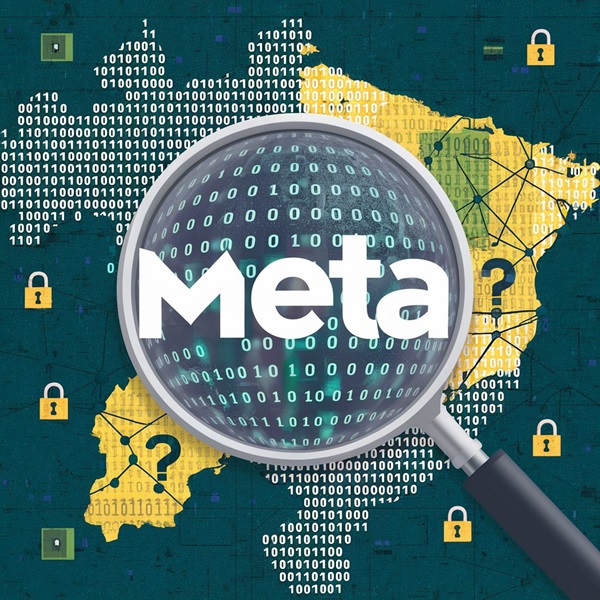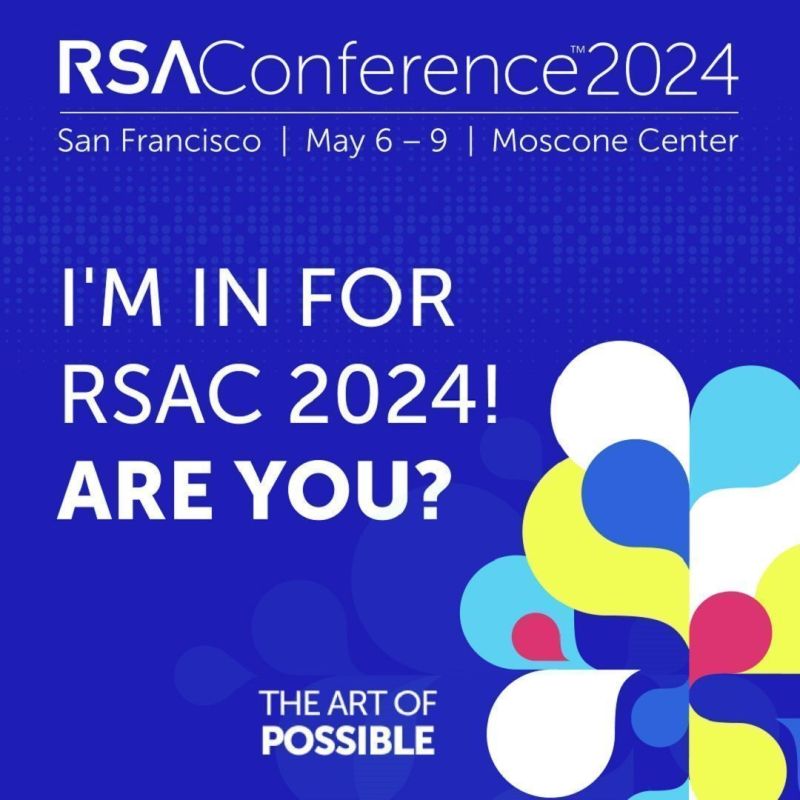In a significant move, Brazil’s National Data Protection Authority (ANPD) has stopped Meta’s use of personal data from Brazilian citizens to train its AI models. This decision is a wake-up call for the tech industry in general. It emphasizes the growing importance of data privacy and its profound effect on AI development.
So, what’s the fuss all about? Meta has been using massive amounts of personal data to train its AI models. This data is the lifeblood of AI, making it smarter and more efficient. However, Brazil’s data watchdog, the ANPD, has taken a stand, citing concerns that Meta’s practices may not align with the country’s General Data Protection Law (LGPD). The LGPD is Brazil’s strict law for protecting personal information, ensuring it is handled carefully and respectfully.
One of the most pressing issues highlighted by the ANPD is the protection of children’s data. The authority said that Meta isn’t doing enough to protect minors’ personal information, which is especially sensitive. This trend shows a larger issue. Regulators around the world are paying more attention to how tech companies handle data, especially for young users.
The impact of this decision on Meta’s AI ambitions cannot be overstated. Training AI models without access to personal data from a large and diverse user base like Brazil’s could hamper the effectiveness and accuracy of these models. This restriction could also set a precedent, prompting other countries to implement similar measures. If more nations follow Brazil’s lead, Meta and other tech companies could face a fragmented regulatory landscape, complicating their global operations.
For cybersecurity professionals, this development is a crucial reminder of the advancement of data protection laws. Ensuring compliance with these regulations is not just a legal necessity but a fundamental aspect of building user trust. Companies will need to revisit their data governance strategies, enhance transparency about data usage, and secure explicit consent from users.
This situation also brings to light the need for adaptable and resilient data governance frameworks. Companies may have to innovate in how they train their AI models. They could explore ways to rely less on personal data, and develop new methods that prioritize user privacy.
In essence, Brazil’s restriction on Meta is more than just a regulatory action; it’s a signal that the era of lax data practices is coming to an end. For those of us in cybersecurity, it’s a call to stay vigilant, adaptable, and proactive in ensuring our data practices meet the highest privacy and compliance standards. AI’s future depends heavily on data privacy. Navigating this relationship will be crucial for the tech industry moving forward.





